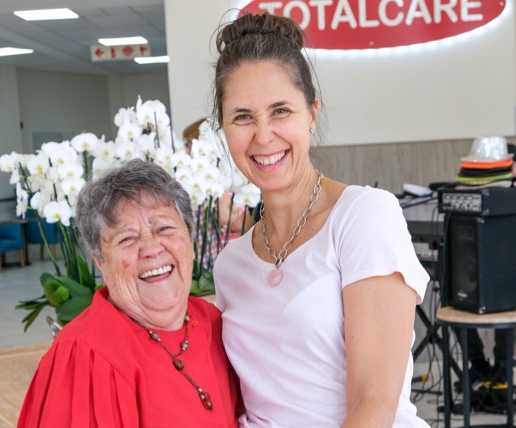
As a parent ages, it's common for their children to step in to provide care and support. This transition from having independent parents to becoming their caregivers might sometimes be a natural part of life. However, it can also bring about challenges and strains.
In some cases, the parent may become more reliant on their children, leading to increased responsibility for the caregiver. Feelings of guilt may arise when the caregiver feels they're not able to provide adequate care, and this can disrupt their home life and cause significant stress.
In some cases, the parent may become more reliant on their children, leading to increased responsibility for the caregiver. Feelings of guilt may arise when the caregiver feels they're not able to provide adequate care, and this can disrupt their home life and cause significant stress.

Research by Paula Arriagada sheds light on the experiences of older children acting as caregivers, highlighting that caregiving isn't always a choice. More than 60% of senior caregivers reported feeling compelled to take on caregiving responsibilities, particularly senior women caring for their parents.
Notably, those who felt caregiving was not a choice experienced higher levels of stress, especially senior women. This stress often took a toll on their health. However, allowing someone else to take on caregiving duties can alleviate stress and foster healthier relationships with loved ones.
Definition of caregiver Caregivers were defined as respondents who reported that, in the previous 12 months, they had either (a) cared for or helped someone who had a long-term health condition or a physical or mental disability, or (b) cared for or helped someone who had problems related to aging.
Definition of caregiver Caregivers were defined as respondents who reported that, in the previous 12 months, they had either (a) cared for or helped someone who had a long-term health condition or a physical or mental disability, or (b) cared for or helped someone who had problems related to aging.
While the idea of entrusting care to others may seem daunting, it can ultimately lead to a better quality of life for both the caregiving child and the loved one in need of assistance.
Read Paula Arriagada’s research here.
